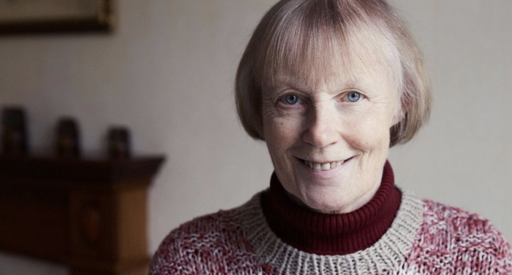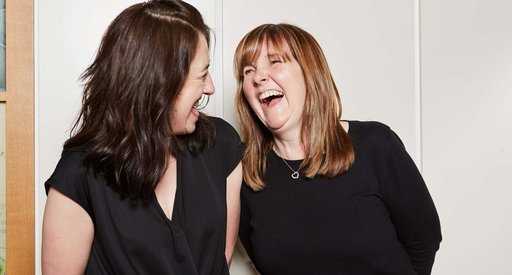Active monitoring (watch and wait)
If you don't need treatment for blood cancer straight away, you will have regular tests to keep an eye on things. This is sometimes called 'active monitoring', or 'watch and wait'. Our pages have more information about active monitoring and what to expect.

Active monitoring explained
If you don't need treatment for blood cancer straight away, you'll have regular tests to keep an eye on things. This is called 'active monitoring', or 'watch and wait'.
Read more

What to expect
It's normal to feel anxious or confused on active monitoring, but knowing what to expect can help.
Find out more

Coping with your feelings
There are lots of things you can do to help manage your worries and emotions while you're on active monitoring.
See our suggestions

Living well with blood cancer
Read our information about fatigue, eating well, keeping active, managing your finances and more.
Learn more
Thank you to Consultant Haematologists Sajir Mohamedbhai, Barbara von Barserwisch and Sally Moore for checking the medical accuracy of our active monitoring information.
This information was last reviewed and updated in 2024, with the help of Support Services Nurse Lynne Colbourne.
